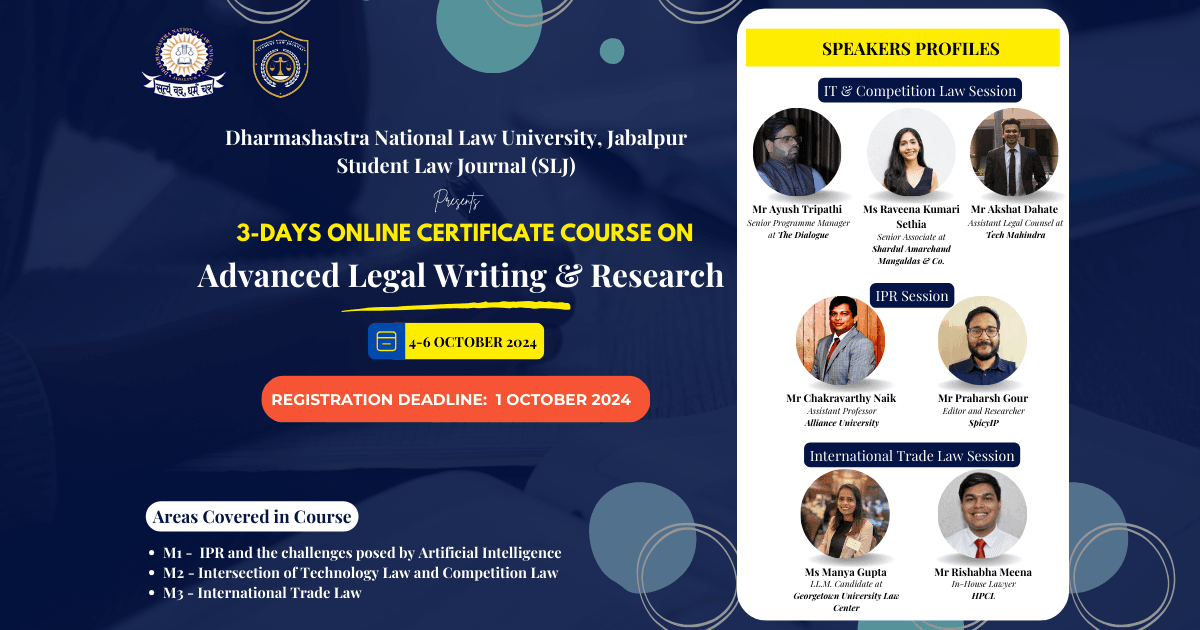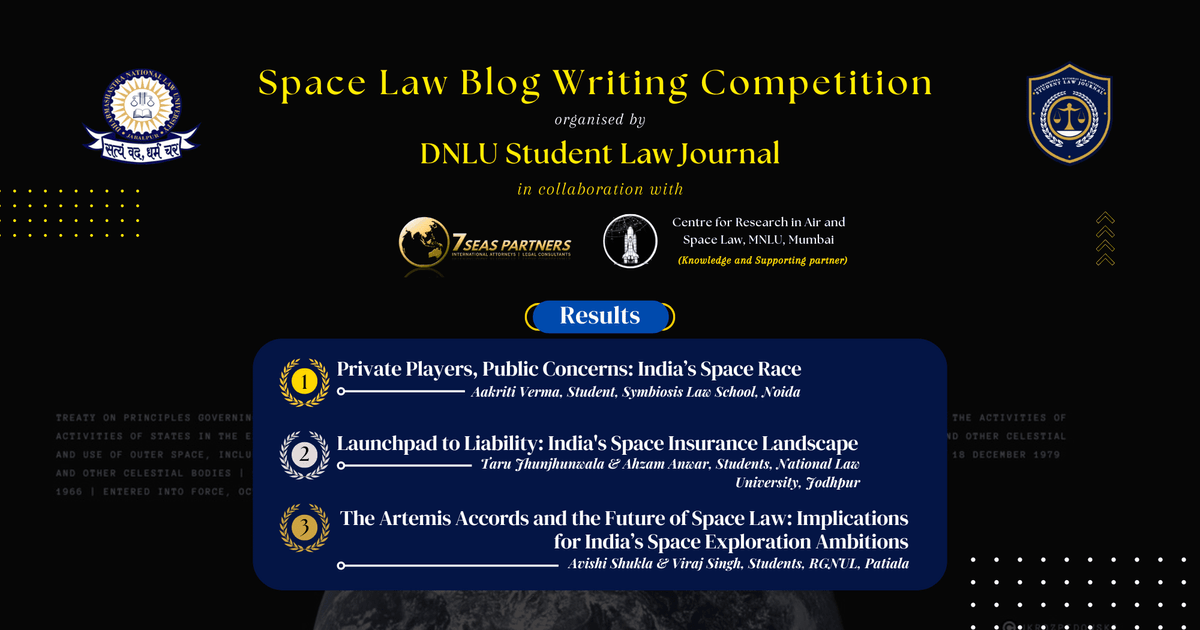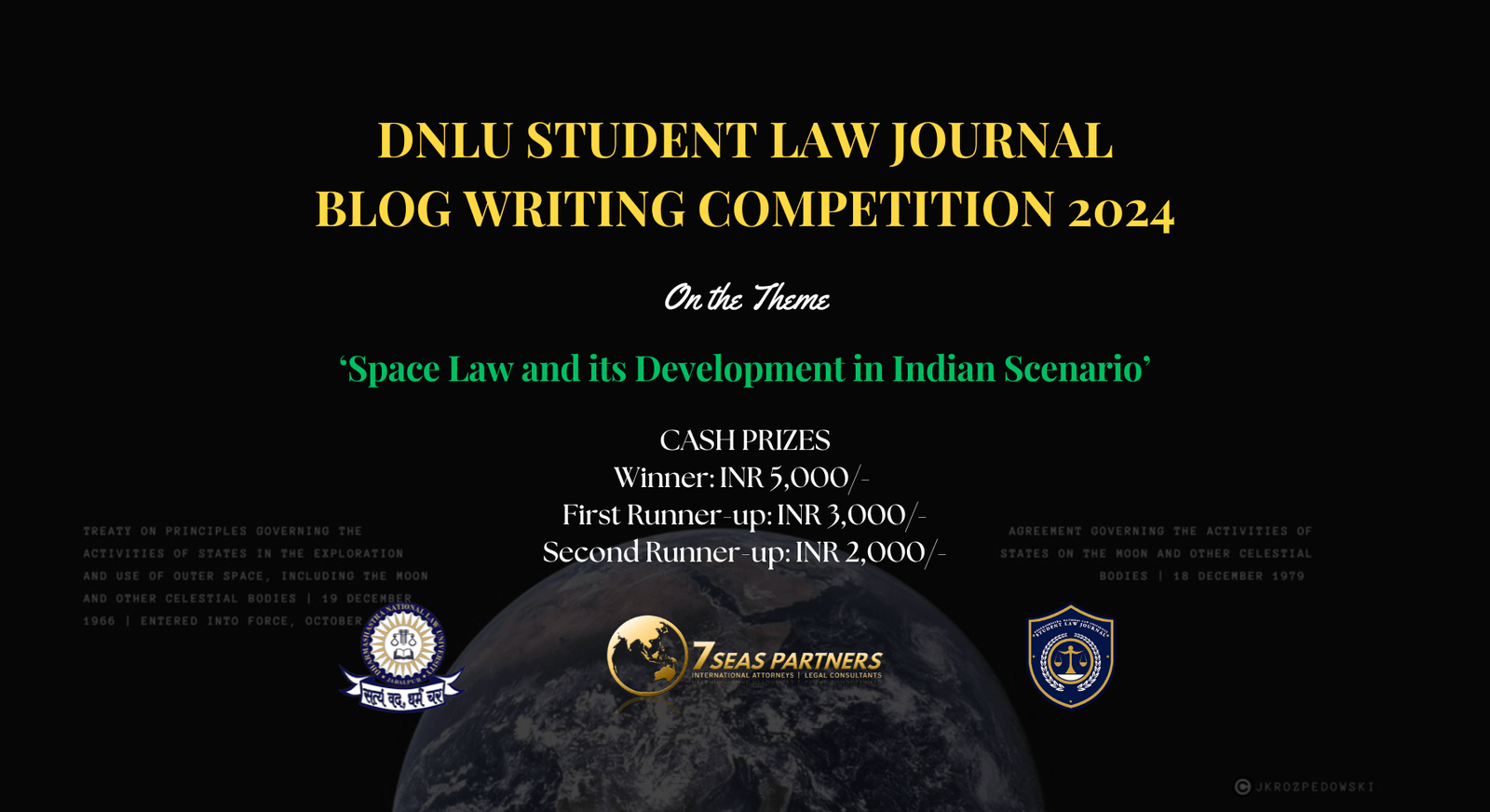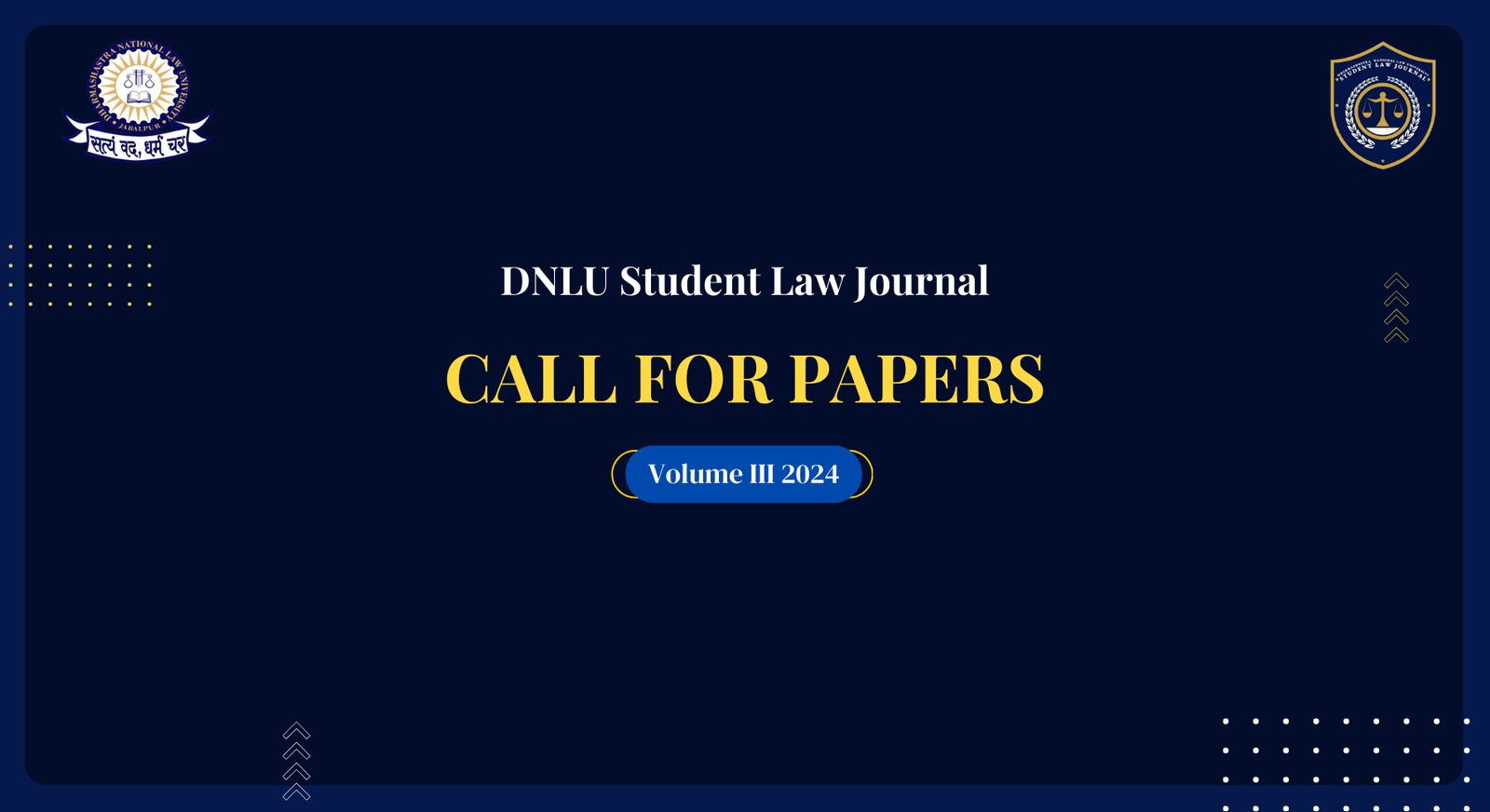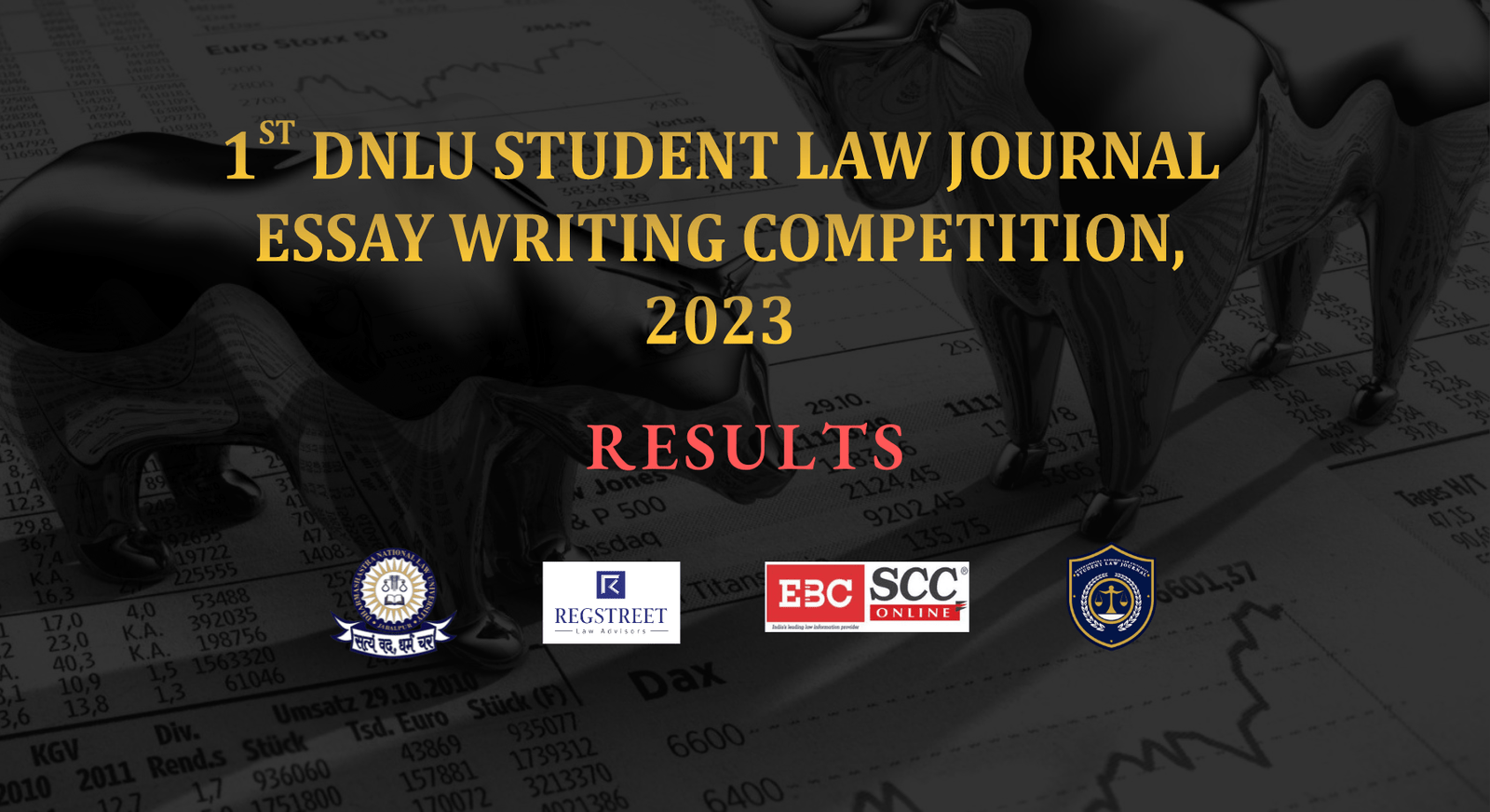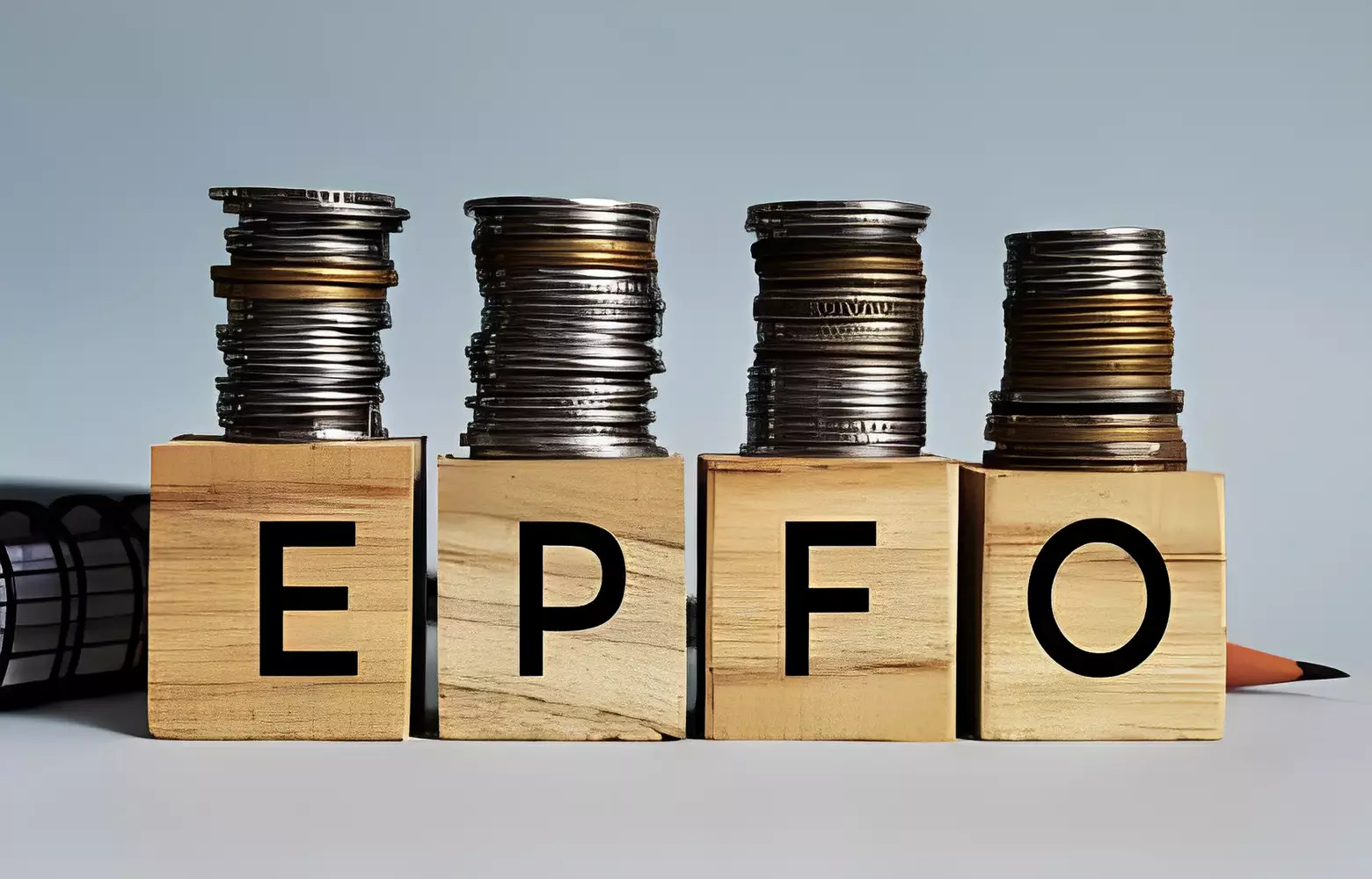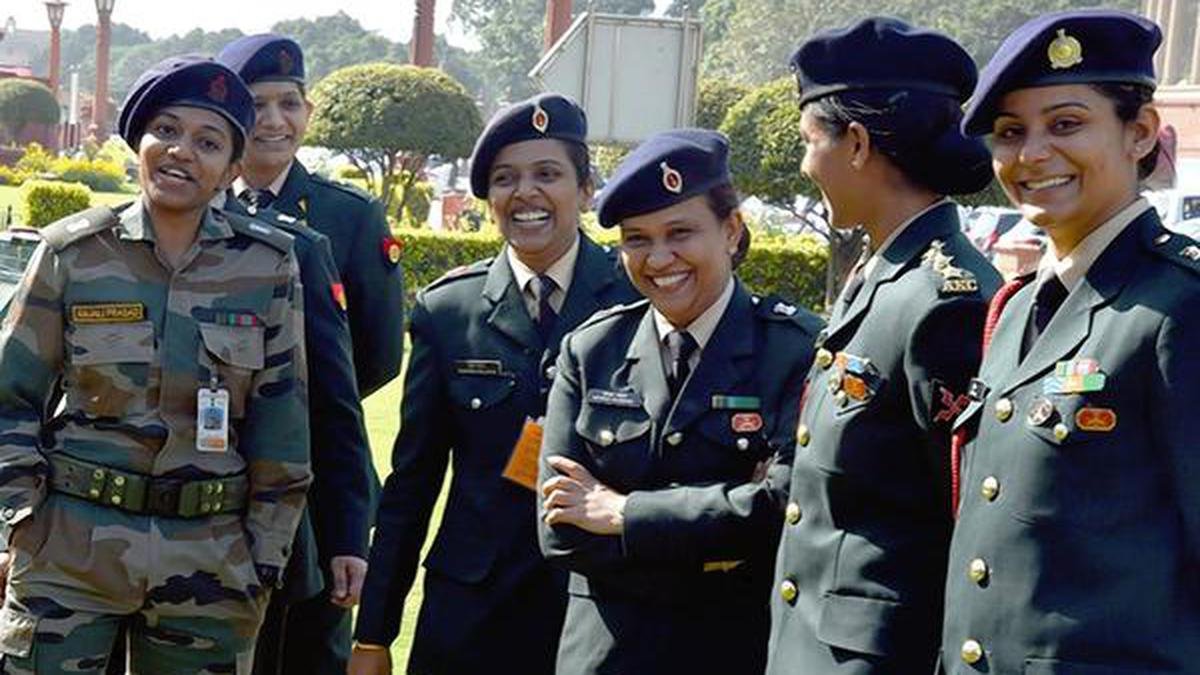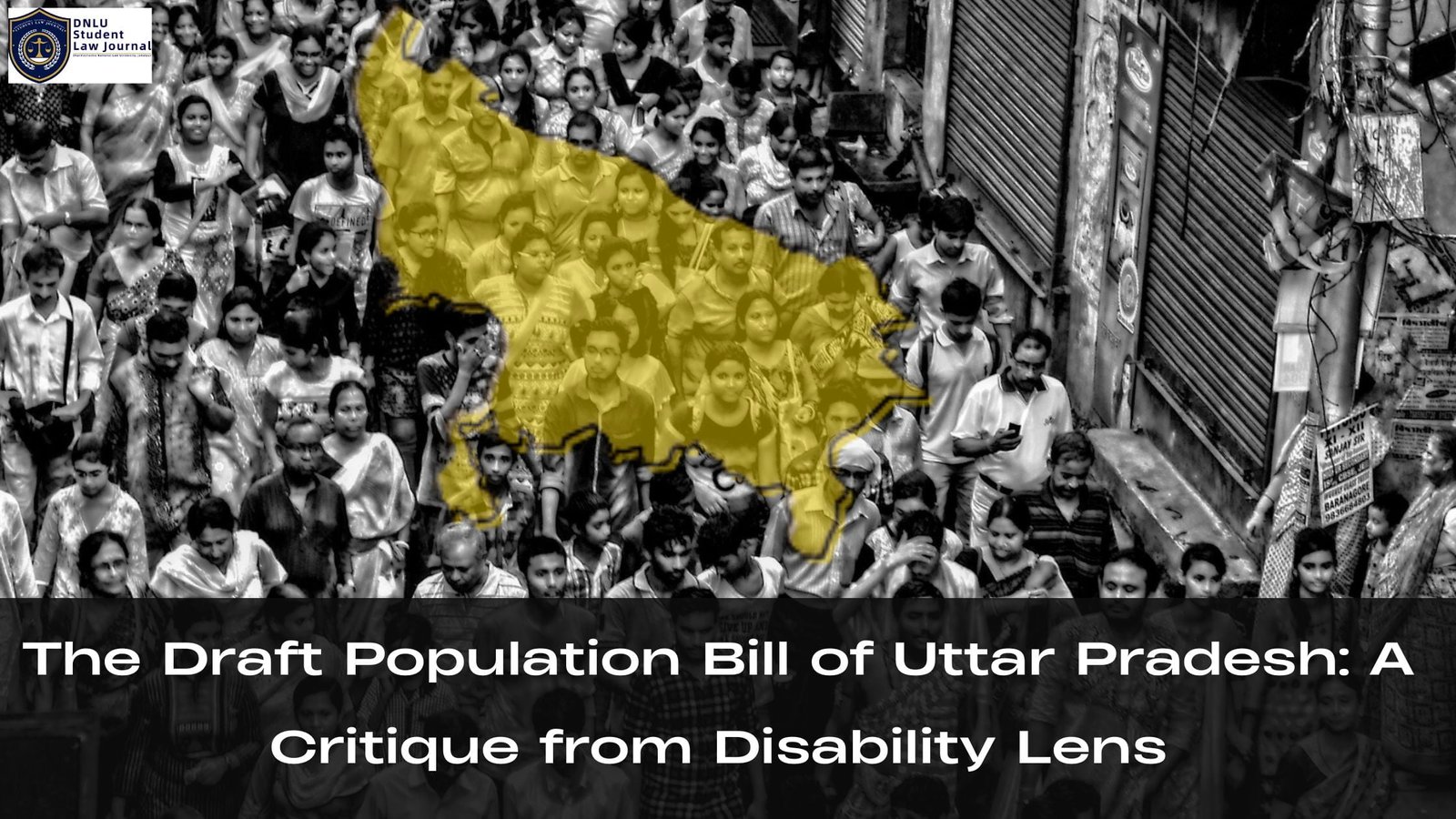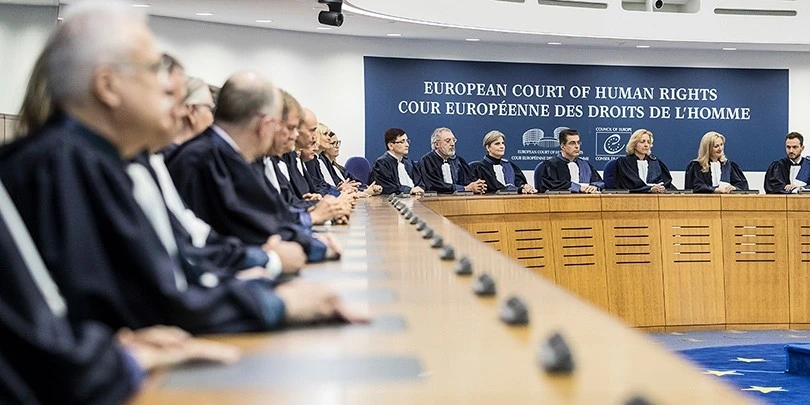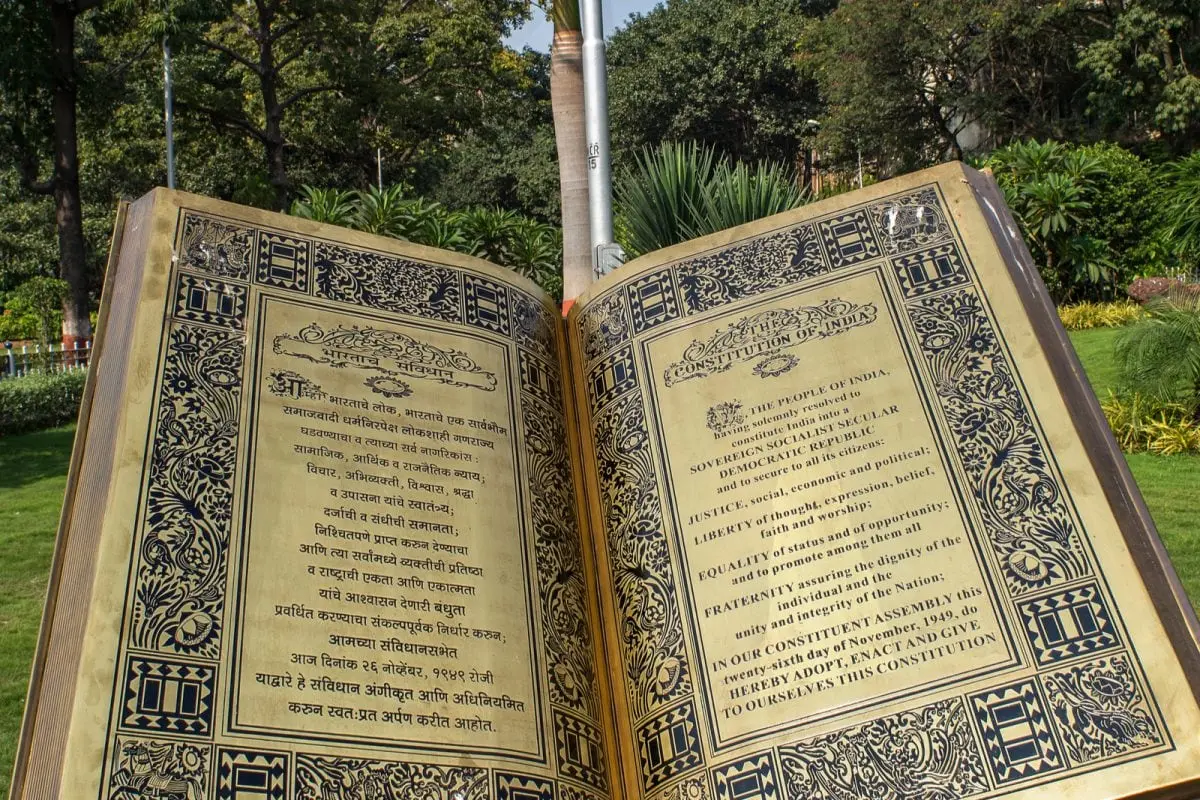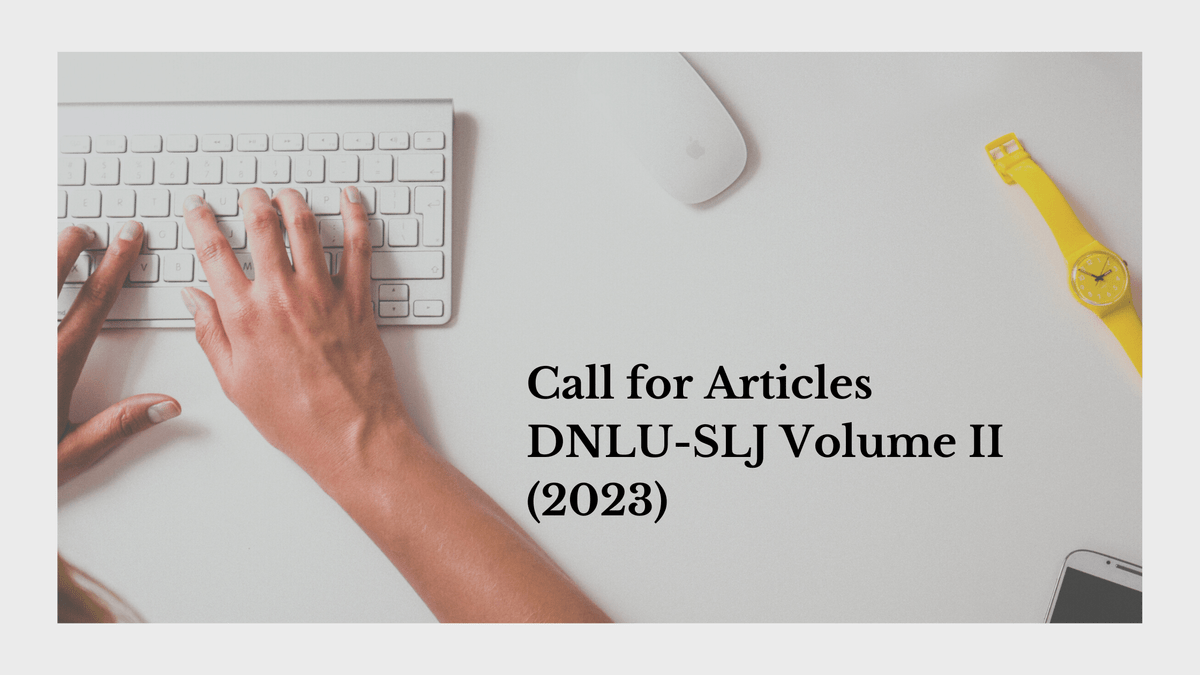Announcements
SLJ-Online Submission
SLJ-Print Vol. IV (2025) Submission
About The Dharmashastra National Law University- Student Law Journal
Dharmashastra National Law University – Student Law Journal (DNLU-SLJ) is a peer-reviewed, student-run academic journal with the mission of disseminating high-calibre research on law and legal studies from all angles, including comparative, global, and transdisciplinary views. As a flagship initiative of Dharmashastra National Law University, Jabalpur (DNLU), the journal was conceptualized to provide a peculiar platform for the expression of opinions, thoughts and views of the student fraternity through publications in the forms of scholarly articles, research papers, book reviews and case studies.
It is directed by an editorial board and an advisory board made up of eminent jurists. The Patron-in-Chief of the Journal is the Honourable Chief Justice of the Madhya Pradesh High Court. It neither adheres to a particular ideology nor restricts itself to the DNLU student fraternity, rather it invites scholarly writings on inter-disciplinary and engaging deliberations on diverse fields of law. It aims to bring together scholars in the legal and related fields through their work that rethink and reimagine the confines of the legal system through novel approaches to design and methodology.
The mandate of the Journal includes promotion of academic research and writing among students and incentivize their involvement in research. As a flagship Initiative, it hopes to set high standards of legal research and abide by the research and publication ethics such as the norms of plagiarism, data accuracy, conflict of interest etc., to enable quality readership and reach a wider audience.
Advisory Board
Prof. Richard Albert
William Stamps Farish Professor in Law, Professor of Government, and Director of Constitutional Studies at the University of Texas at Austin
Prof. Srikrishna Deva Rao
Vice-Chancellor, NALSAR University of Law
Prof. (Dr.) Yogesh Pratap Singh
Vice-Chancellor, NLU Tripura
Prof. Yaniv Roznai
Professor, Harry Radzyner Law School
Prof. (Dr.) Paramjit S. Jaswal
Vice-Chancellor, SRM University Delhi-NCR, Sonepat
Prof. Abhijit Das
Former Head of the Centre for WTO Studies, New Delhi
Prof. (Dr.) Nishtha Jaswal
Former Vice-Chancellor, HPNLU Shimla
Prof. Prabhakar Singh
Professor, BML Munjal University, Gurugram
Dr. Ajar Rab
Founding Partner, ANR Law LLP
Mr. Manan Lahoty
Partner, Cyril Amarchand Mangaldas




